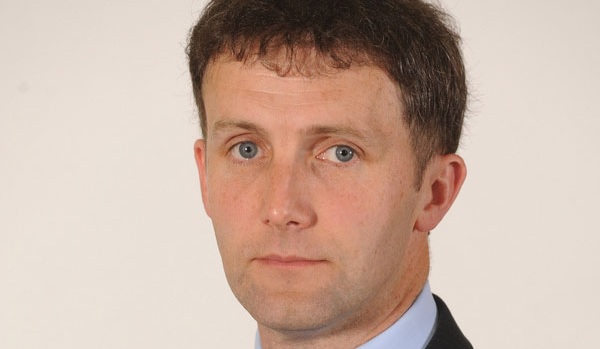£76,000 funding to improve `unacceptable` forensic provision
The Scottish government has launched a pilot training programme to address the lack of forensic medical examination services for victims of sexual crime in rural communities.
The Scottish government has launched a pilot training programme to address the lack of forensic medical examination services for victims of sexual crime in rural communities. It has pledged £76,000 to review the training currently available, make it more accessible, and fund up to 50 places for doctors to complete the accredited course by 2018/19. Changes to the course are expected to address the lack of female doctors and the issue of victims having to travel long distances to be examined. NHS Shetland is also offering all staff dealing with victims of sexual assault including police officers access to training so there is a wider understanding of the examination process. In March, Her Majestys Inspectorate of Constabulary in Scotland found forensic examination facilities were unacceptable and fell well below the level provided in the rest of the UK. It also found a lack of female doctors, as well as a lack of staffing and access to resources in remote and rural areas. The damning findings blamed strategic leadership and governance failures, and called on the Scottish government to invest in Sexual Assault Referral Centres (SARCs). There are 38 SARCs in England and six in Wales, but Scotlands only similar facility Archway in Glasgow is not available overnight and at weekends. Justice Secretary Michael Matheson said: It is vitally important that we do all we can to ensure that the process of gathering evidence of rape or sexual assault doesnt cause more trauma to victims. I am pleased to hear first-hand the actions that NHS Shetland, Rape Crisis Scotland and others are taking to address a lack of provision in island communities. Making this training more accessible and this new funding for doctors to become qualified to carry out these examinations will mean that victims should no longer have to travel to the mainland for evidence to be taken. We also hope that it will encourage more female doctors throughout Scotland to come forward and become qualified to provide this service. As we learn from this pilot we can look at rolling this training out in more communities to ensure that services are improved across Scotland. Professor Stewart Irvine, medical director of NHS Education for Scotland, added: “Victims of rape and sexual abuse deserve the best possible care whether they are in urban or rural areas. It is fundamentally important that no matter what part of Scotland we are dealing with, medical staff can have access to accredited, high-quality training. “NHS Education for Scotland is delighted to work with NHS Shetland to test and develop the training that is available to rural staff. In addition to redesigning training for doctors, we are creating a lead clinical position to act as a champion and resource for newly trained forensic medical examiners, to support recruitment of more women to this area of work and to support improvements to how the training is promoted nationally.”


